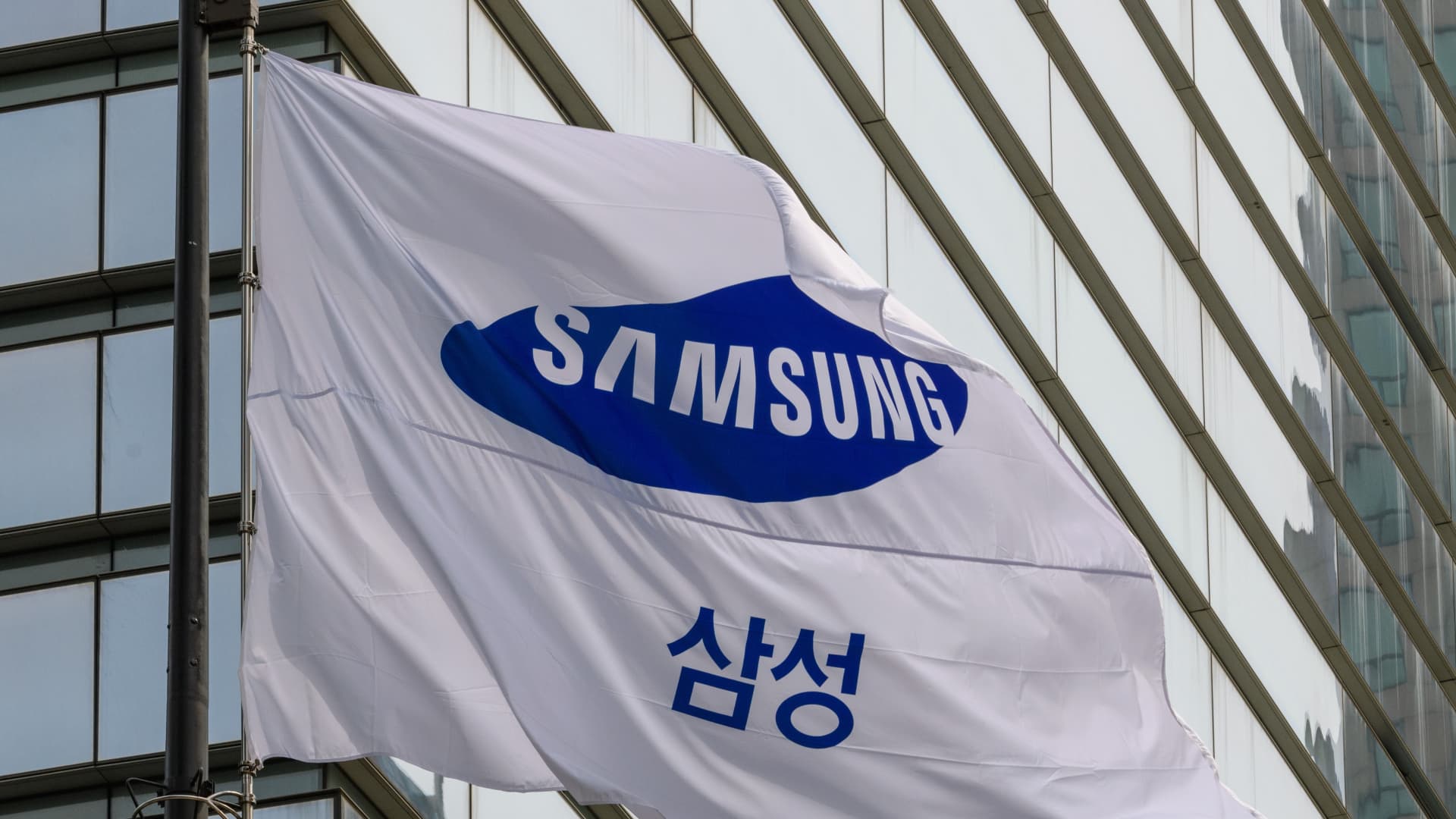Samsung Electronics’ Bold Move: Acquiring FläktGroup for €1.5 Billion
In a strategic play to dominate the climate control industry, Samsung Electronics has announced its acquisition of FläktGroup, a European leader in heating, ventilation, and air conditioning (HVAC) solutions, for €1.5 billion. The deal, finalized on June 15, 2024, marks Samsung’s largest foray into sustainable building technologies, positioning the South Korean giant to compete with established players like Carrier and Daikin. Analysts suggest this acquisition will accelerate Samsung’s smart home ecosystem while addressing growing global demand for energy-efficient climate solutions.
Why FläktGroup Fits Samsung’s Strategic Vision
Samsung’s acquisition aligns with its broader sustainability goals and its push into smart building technologies. FläktGroup, founded in 1917, brings:
- Proprietary low-energy HVAC systems used in 40+ countries
- €820 million in annual revenue (2023 figures)
- 18 production facilities across Europe and Asia
- 380 patents in heat recovery and air purification
“This isn’t just about appliances—it’s about controlling the entire indoor climate ecosystem,” said Dr. Elena Petrov, smart infrastructure analyst at IDC. “Samsung gains FläktGroup’s industrial-scale solutions to complement its consumer products, creating a complete vertical from home to enterprise.”
Market Reactions and Competitive Landscape
The announcement sent ripples through related sectors:
- Samsung shares rose 2.3% on the Korea Exchange
- European HVAC competitors saw immediate dips (Systemair -1.8%, Swegon -2.1%)
- Green technology ETFs gained as investors bet on consolidation
However, some question the premium price. At 1.83 times FläktGroup’s revenue, the deal exceeds recent HVAC sector averages of 1.2-1.5x. “The valuation reflects strategic positioning, not just current earnings,” countered James Reinhart, M&A specialist at UBS. “Samsung is paying for future-proof infrastructure as EU energy efficiency regulations tighten.”
The Climate Tech Factor Driving the Deal
Behind the acquisition lies urgent market demand:
- Global HVAC market projected to reach $367 billion by 2030 (CAGR 6.1%)
- EU’s revised Energy Performance of Buildings Directive (EPBD) mandates zero-emission buildings by 2030
- Samsung’s own 2022 sustainability report identified HVAC as its weakest ESG segment
FläktGroup’s recent innovations—like its CO₂-neutral heat pumps and AI-driven airflow optimization—directly address these trends. “Their technology reduces building energy use by up to 70%,” noted Samsung CWO Inhee Chung in a press statement. “When integrated with our SmartThings platform, we can redefine sustainable living.”
Integration Challenges and Workforce Implications
The acquisition isn’t without hurdles:
- Cultural differences between Samsung’s fast-paced electronics culture and FläktGroup’s engineering-focused heritage
- Potential redundancies in back-office functions (HR, finance)
- Regulatory scrutiny in 3 jurisdictions still pending
FläktGroup CEO Magnus Hultman struck an optimistic tone: “We’ve operated independently for 107 years, but Samsung’s R&D resources will turbocharge our roadmap.” Union representatives, however, have demanded job protection guarantees, particularly for FläktGroup’s 2,300 European employees.
What This Means for Consumers and Businesses
The merger’s effects will materialize in phases:
Short-Term (2024-2025)
- Samsung-branded FläktGroup products in premium markets
- Integration with Bixby voice controls
- Enhanced air quality sensors for Galaxy devices
Long-Term (2026+)
- AI-optimized climate systems for smart cities
- Cross-platform energy management solutions
- Potential bundled offerings with Samsung’s wind/solar divisions
“Imagine your refrigerator communicating with your ventilation system to minimize humidity,” suggested smart home consultant Rachel Tokuda. “That’s the level of integration we’re discussing.”
The Road Ahead: Risks and Opportunities
While Samsung gains technological leverage, execution risks remain:
- Technology integration: Merging FläktGroup’s industrial systems with consumer IoT platforms
- Brand positioning: Maintaining FläktGroup’s premium B2B reputation while expanding into mass markets
- Regulatory compliance: Navigating evolving EU climate policies and data privacy laws
Industry watchers will monitor Samsung’s next moves closely, particularly regarding:
- Q3 2024: Expected regulatory approvals
- CES 2025: Likely debut of integrated products
- 2026: Potential IPO of a combined climate tech division
As buildings account for 40% of global energy consumption, this acquisition positions Samsung at the forefront of a critical transformation. For investors and consumers alike, the message is clear: the race for climate control supremacy has entered a new phase.
Want to stay updated on how this acquisition reshapes the smart home market? Subscribe to our technology and sustainability newsletter for ongoing analysis.
See more Business Focus Insider Team

